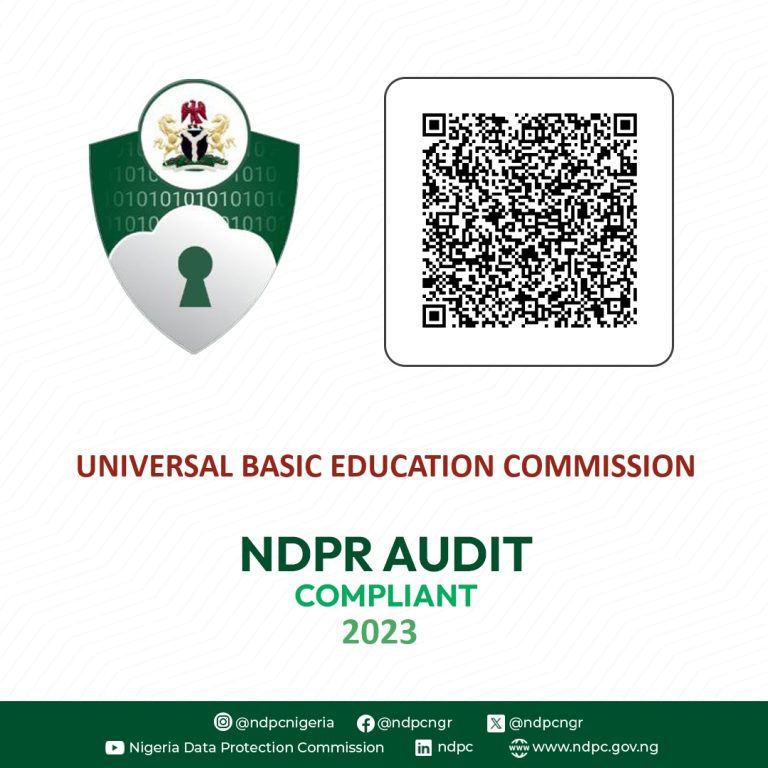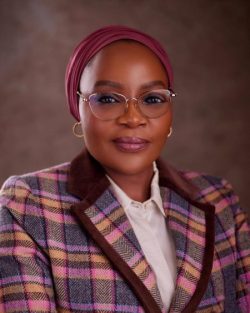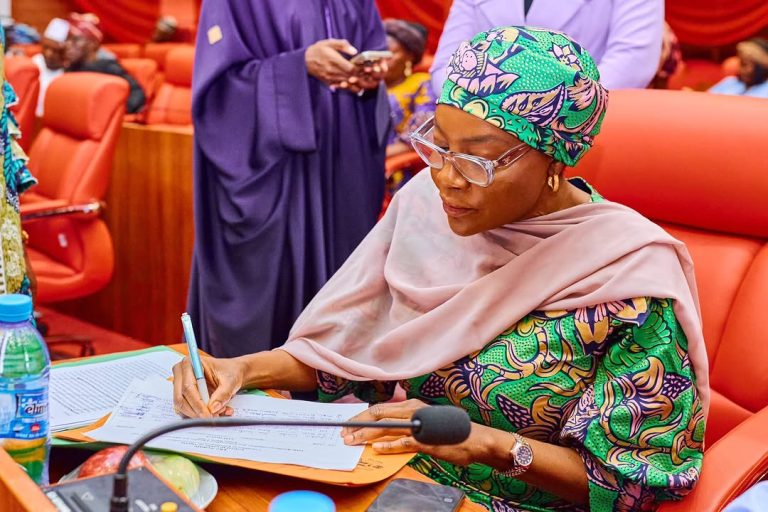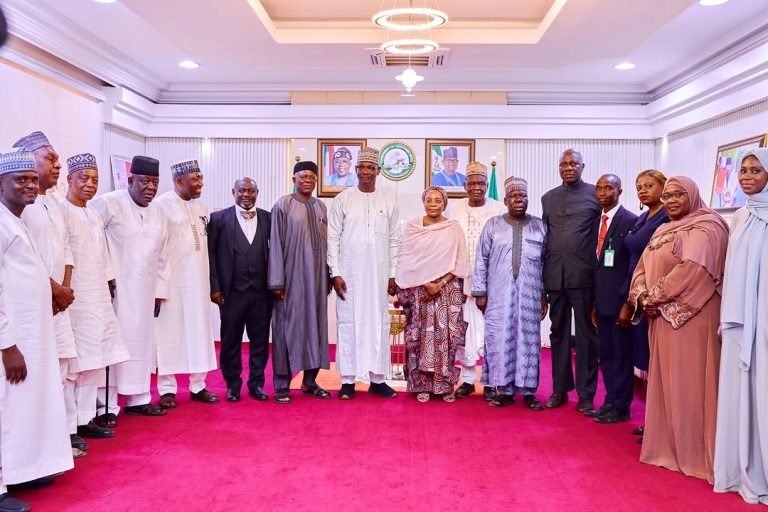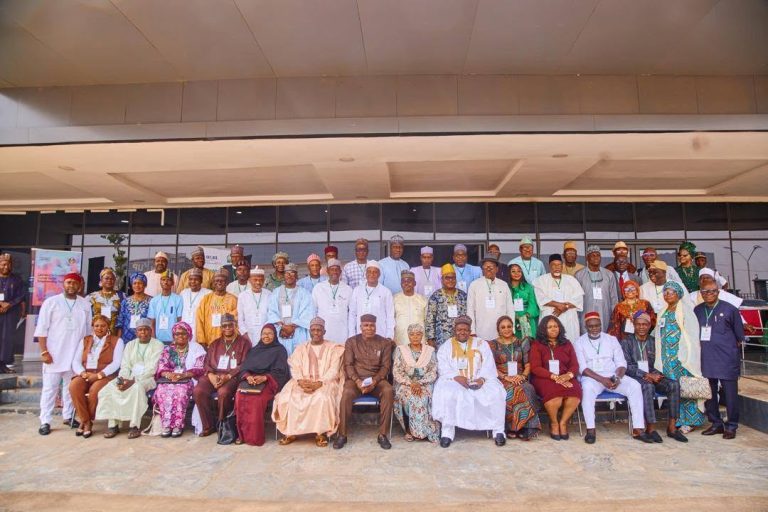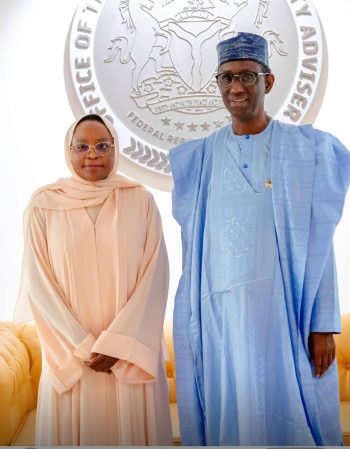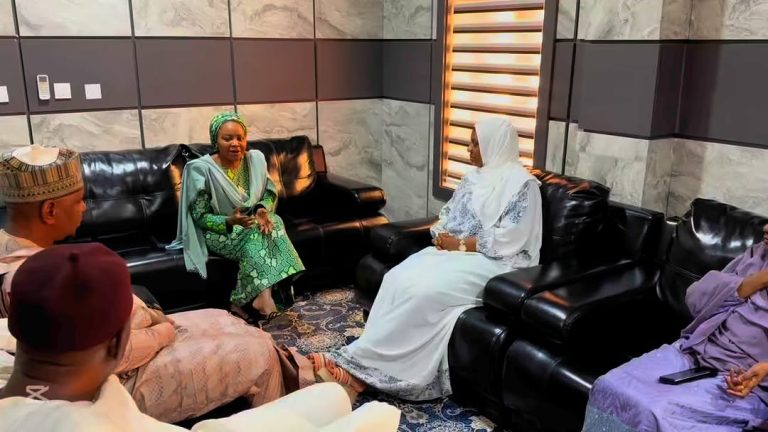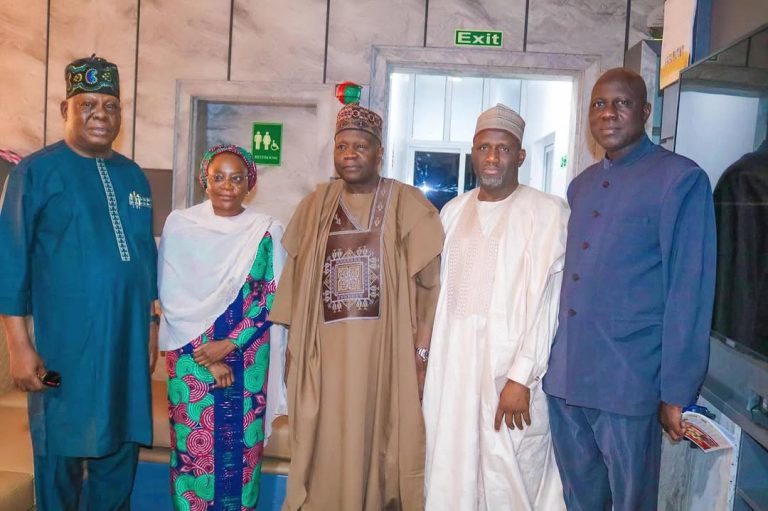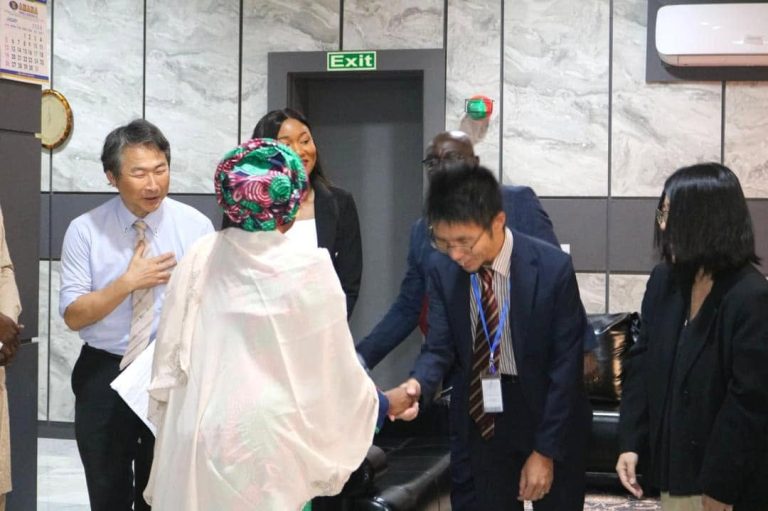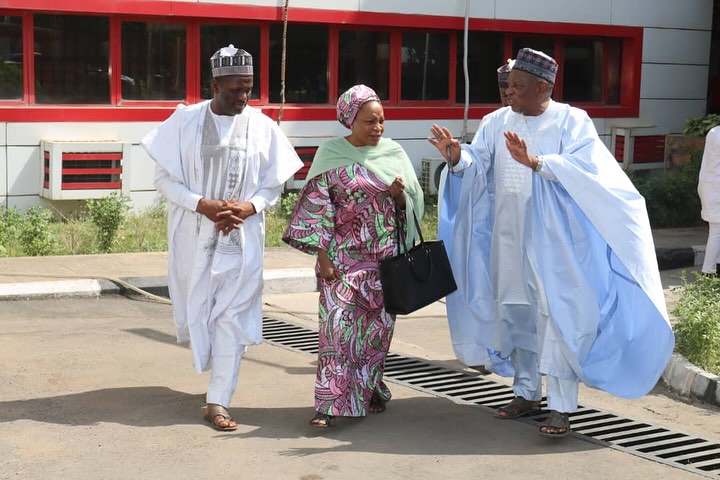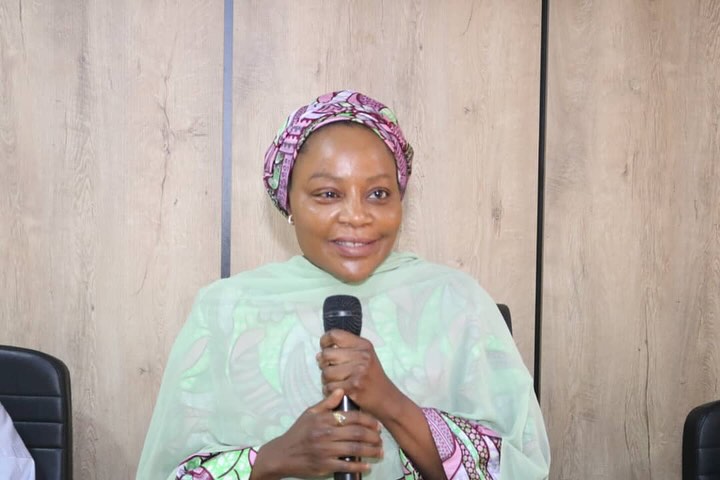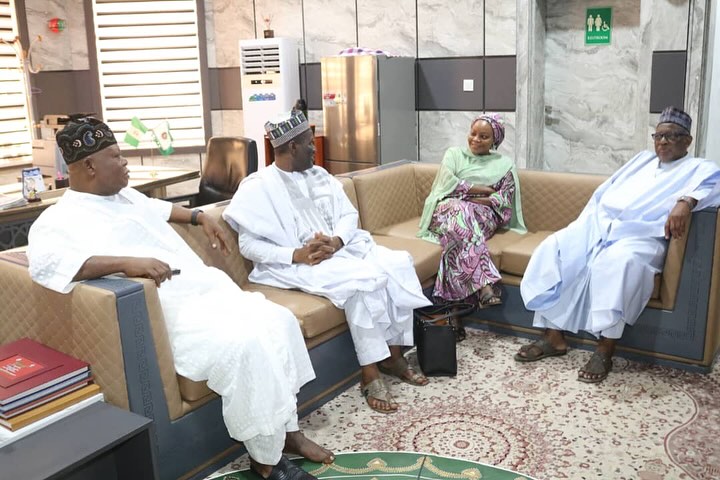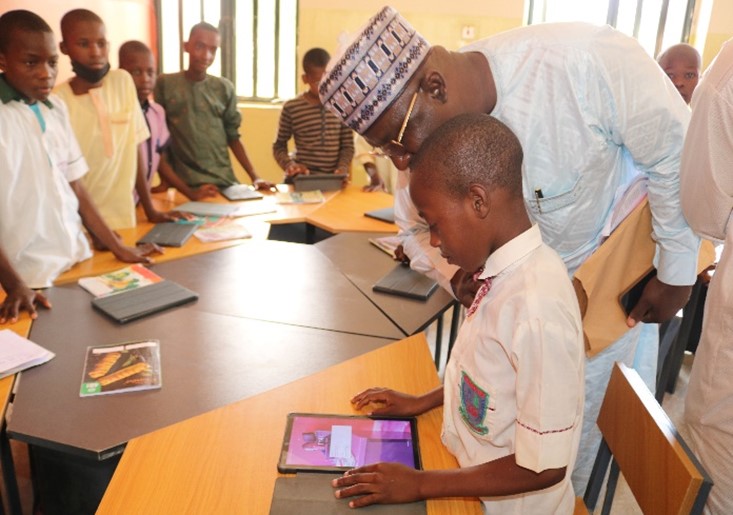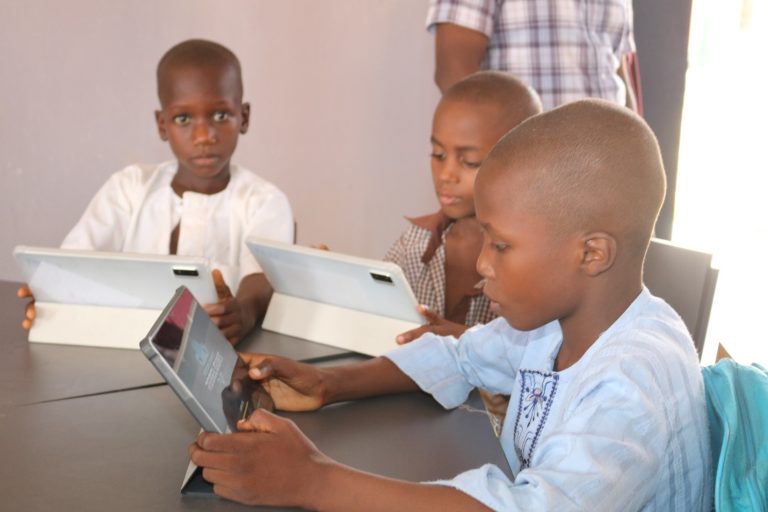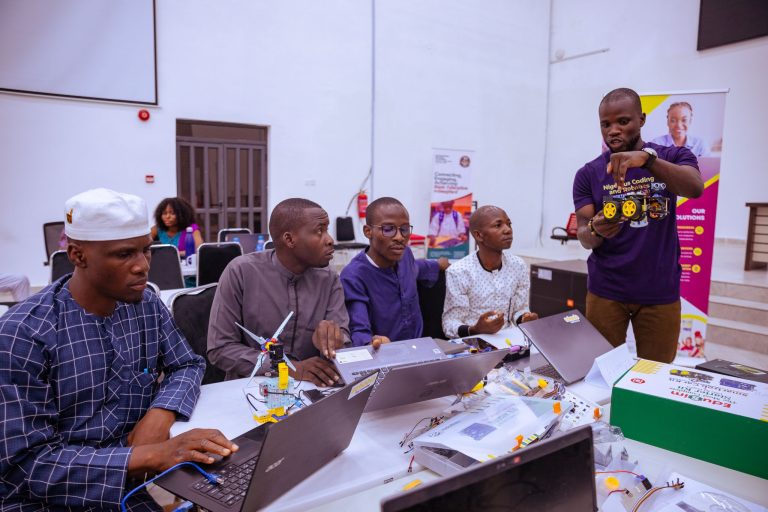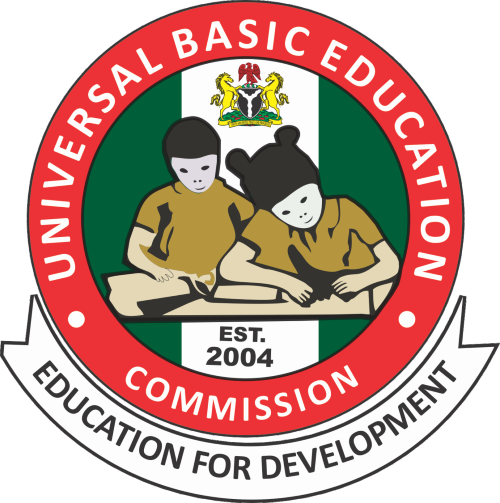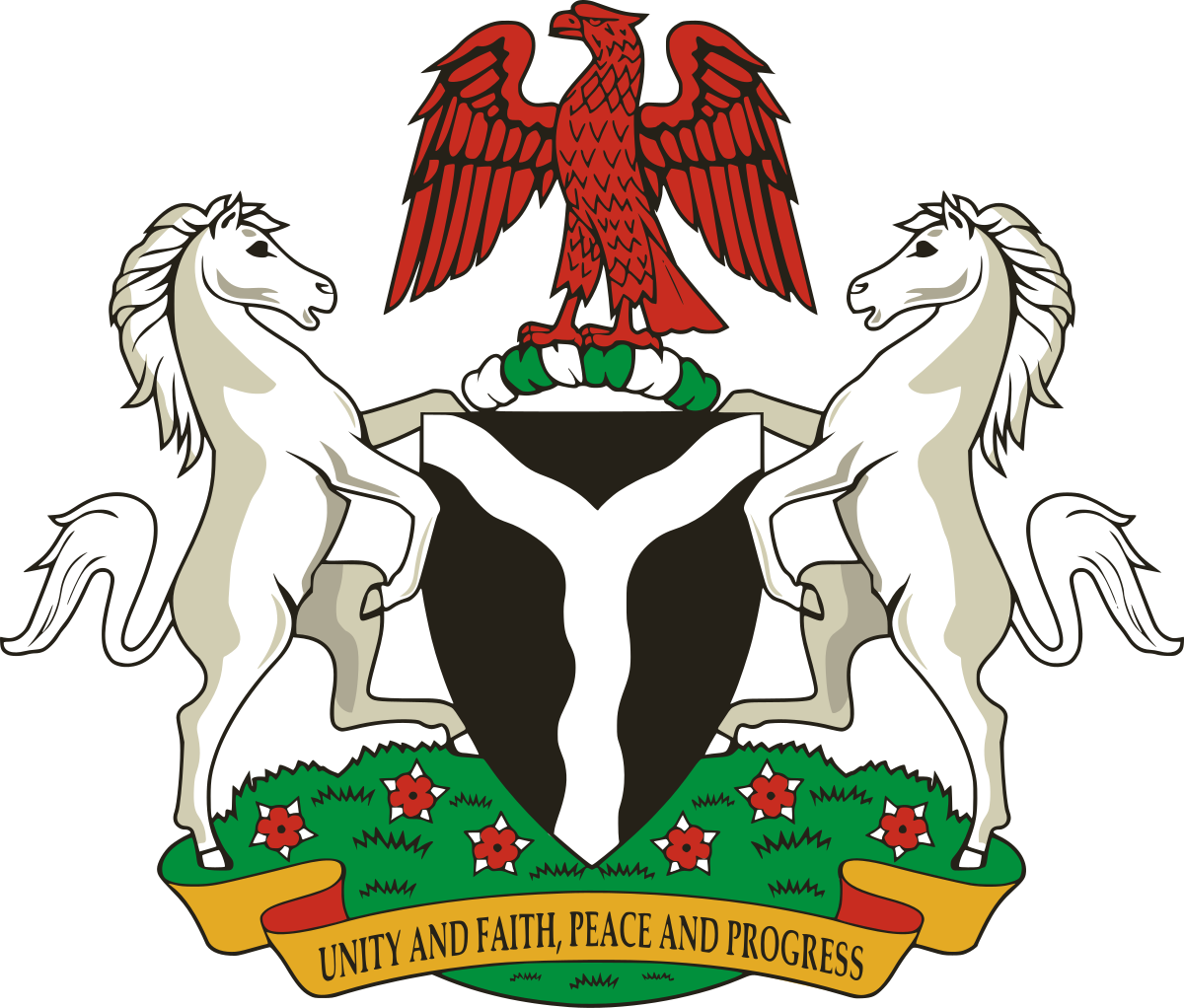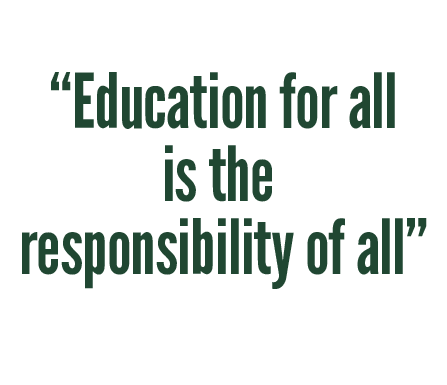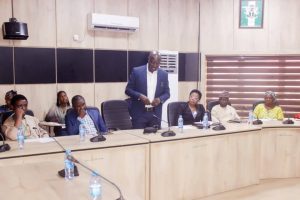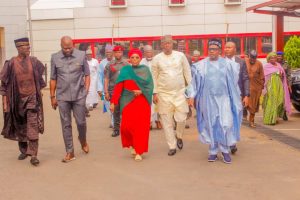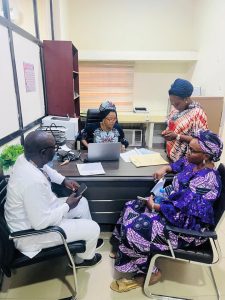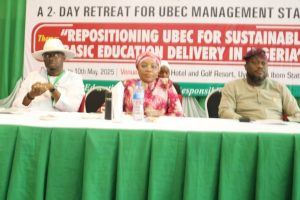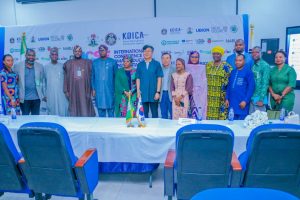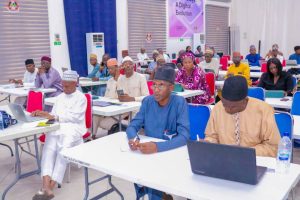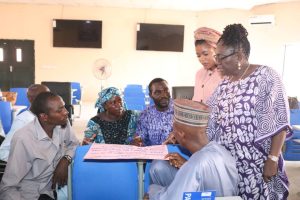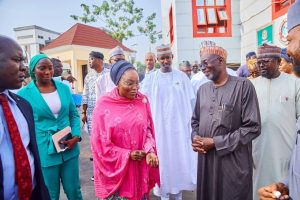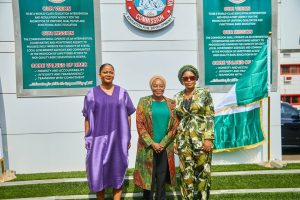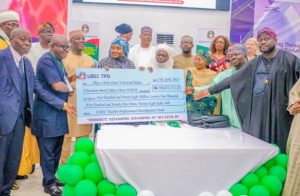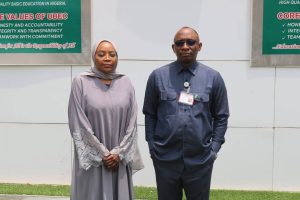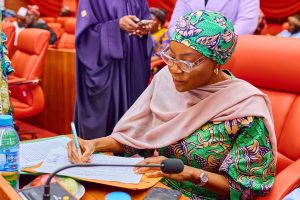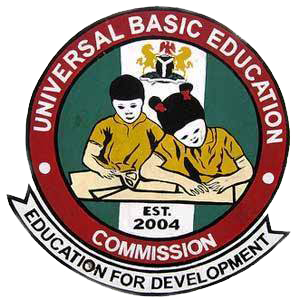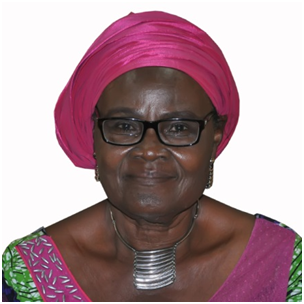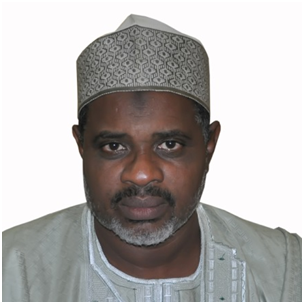
Nigeria HOPE-Quality Basic Education for All
1. ENVIRONMENT AND SOCIAL SYSTEMS ASSESSMENT (ESSA)
2. ENVIRONMENTAL AND SOCIAL COMMITMENT PLAN (ESCP)
Who We Are

The Universal Basic Education Commission (UBEC) is a Federal Governments Agency saddled with the responsibility for coordinating all aspects of UBE programme implementation.
The Universal Basic Education Programme was introduced in 1999 by the Federal Government of Nigeria as a reform programme aimed at providing greater access to, and ensuring quality of basic education throughout Nigeria.
- The Federal Government’s intervention shall provide assistance to the States and Local Governments in Nigeria for the purposes of uniform and qualitative basic education throughout Nigeria.
2. Every Government in Nigeria shall provide free, compulsory and universal basic education for every child of primary and junior secondary school age.
3. Every parent shall ensure that his/her child or ward attends and completes (a) primary school education; and (b) junior secondary school education.
4. The stakeholders in education in a Local Government Area shall ensure that every parent or person who has the care and custody of a child performs the duty imposed on him/her under the Universal Basic Education Act, 2004.
5. Transition from Primary to Junior Secondary School (JSS) should be automatic; as basic education terminates at the Junior Secondary School level thus entrance examination may no longer be necessary. Emphasis will be placed on effective continuous assessment, while final examination and certification will now be done at the end of the nine-year basic education programme.
6. The Secondary School system should be restructured so as to ensure that the JSS component is disarticulated from the SSS as stipulated in the National Policy on Education (NPE).
What We Provide
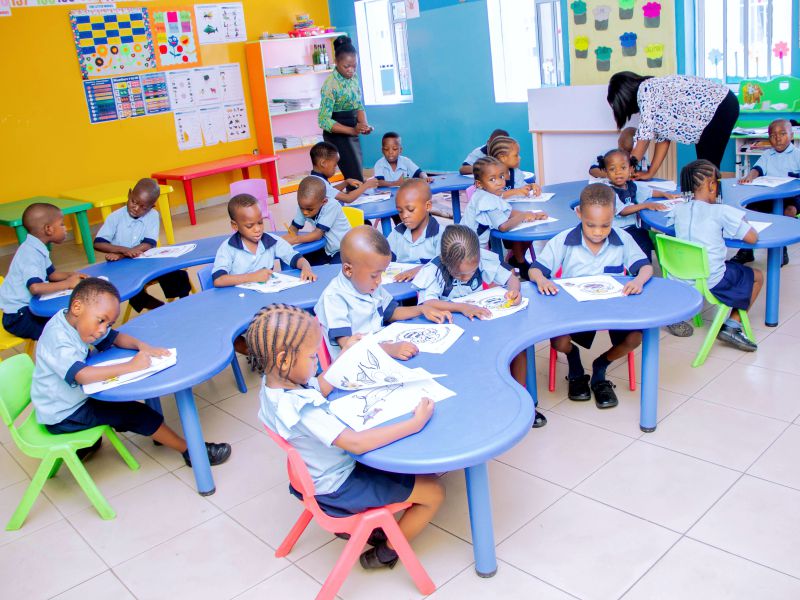
Early Child Care Development Education (ECCDE)
Pre-primary education is the education given to younger learners before the age of entering primary education (6 years). Early childhood education or pre-primary education is defined by the National Policy on Education.
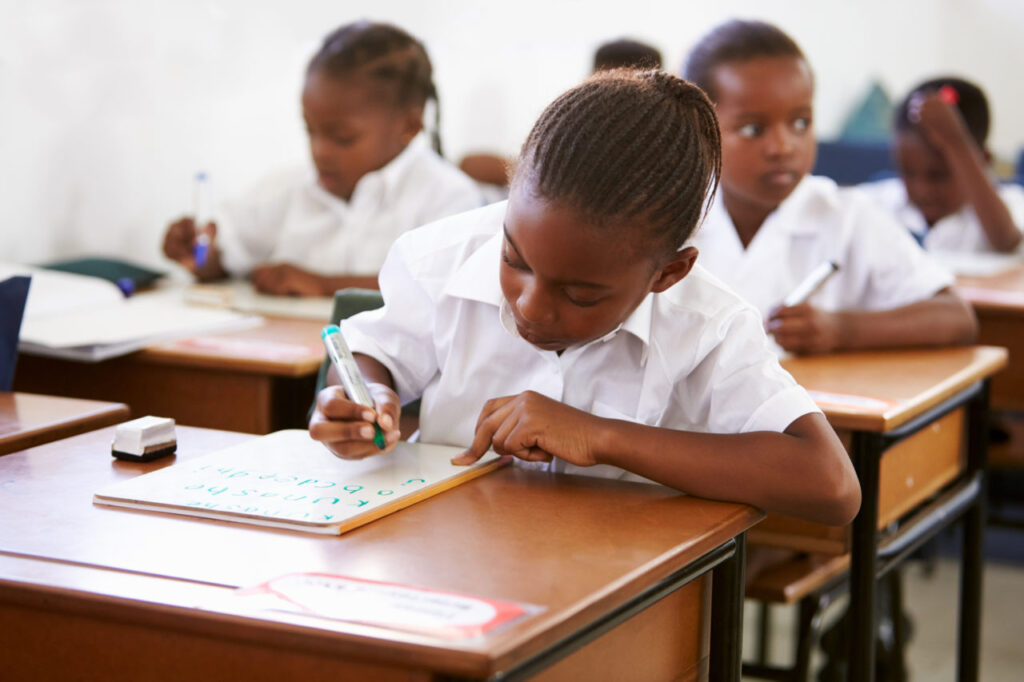
PRIMARY EDUCATION
The Universal Basic Education COMMISSION, UBEC, came as a replacement of the Universal Primary Education and intended to enhance the success of the first nine years of schooling The UBE involves 6 years of Primary School.
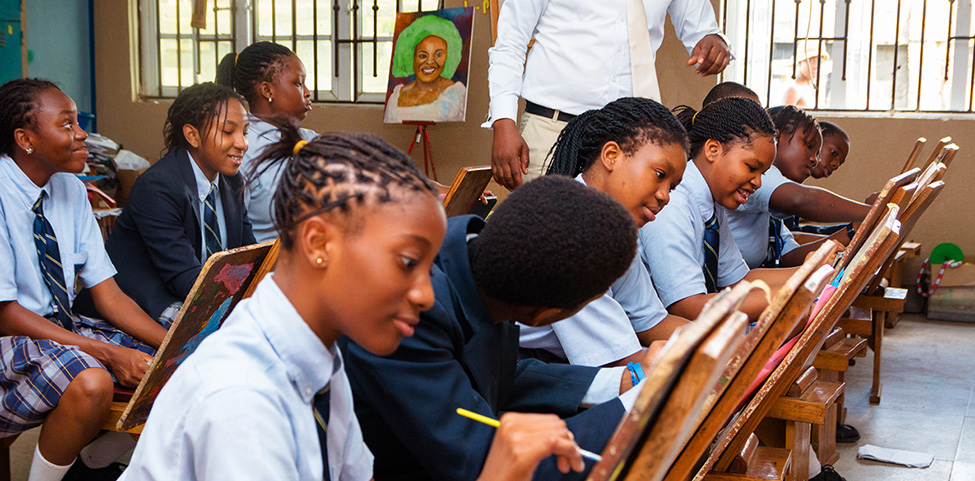
JUNIOR SECONDARY EDUCATION
Junior Secondary is a phase of education in state secondary schools for Years 12, 13 and 14, which helps to ensure the bridge between primary and secondary school is safe, strong and consistent for all students.
UBEC Resources
JOURNALS
UBEC Journals
VisitReports
Reports
Visit
Matching Grant
Matching Grant
VisitDigital Resource Center
DRC
VisitSchool Directory
School Directory
VisitProjects
Projects
VisitUBEC Smart Schools
Smart Schools
VisitDocument Library
Document Library
VisitGallery
